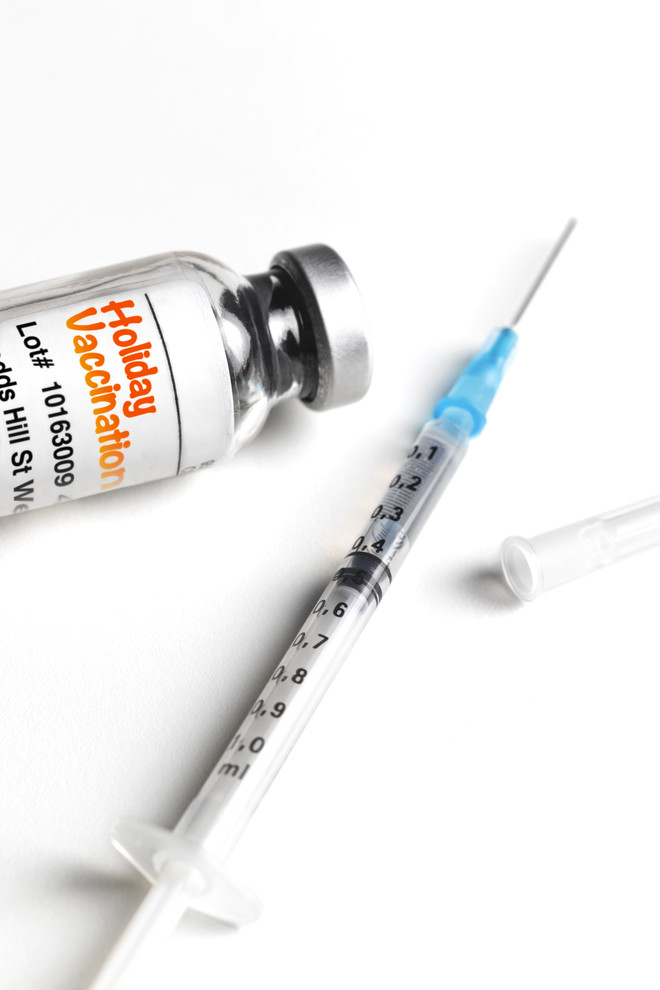When and how do hepatitis vaccinations
When the disease occurs, tissues are damaged and destroyed.liver. The liver cannot fully perform its function; without treatment, complications develop in the form of cirrhosis or cancer, which leads to death. The hepatitis vaccine is practicallypainlessPhoto: Getty If vaccinations were given in infancy, the immune system will retain the ability to resist the virus for 20 years. To find out whether revaccination is necessary, it is necessary to donate blood to detect antibodies against hepatitis A and B. The hepatitis C vaccine, which will provide protection against this virus, has not yet been invented. The hepatitis A vaccine is not mandatory and is done at will. The vaccine is administered to the body in two stages. Between six months and 12 months should pass between the first and second injections. If a domestic vaccine is used, a third injection will be required. It should be given six months after the second. If someone in the family has contracted hepatitis A, it is important to vaccinate the child within 10 days of detection of the disease. The hepatitis B vaccination schedule looks like this:
The hepatitis vaccine is practicallypainlessPhoto: Getty If vaccinations were given in infancy, the immune system will retain the ability to resist the virus for 20 years. To find out whether revaccination is necessary, it is necessary to donate blood to detect antibodies against hepatitis A and B. The hepatitis C vaccine, which will provide protection against this virus, has not yet been invented. The hepatitis A vaccine is not mandatory and is done at will. The vaccine is administered to the body in two stages. Between six months and 12 months should pass between the first and second injections. If a domestic vaccine is used, a third injection will be required. It should be given six months after the second. If someone in the family has contracted hepatitis A, it is important to vaccinate the child within 10 days of detection of the disease. The hepatitis B vaccination schedule looks like this:
- If the child is healthy, the first vaccine is given to him immediately after birth.
- The second inoculation is put in 1 month.
- The final injection is made at the age of six months.
This classic 0-1-6 scheme providesthe strongest immunity. If the child is at risk, the hepatitis B vaccination schedule is changed. This is done if the child was born to an infected mother, there are people suffering from hepatitis or drug addiction in the family, or if the woman did not undergo any examinations during pregnancy. Then the hepatitis B vaccination will be done as follows:
- The first injection is given within 12 hours after birth;
- The second is repeated a month;
- The third - in two months;
- The fourth vaccination is carried out at 1 year.
It is necessary to strictly adhere to the time intervalbetween injections. If necessary, it is shortened, but in no case extended - this will lead to the formation of weak immunity and the vaccination will not be as effective. If more than 5 months have passed since the first injection, the scheme should be started over. As a rule, both adults and children tolerate the vaccination quite easily. A slight redness at the injection site is considered a normal reaction. But sometimes there is an increase in temperature, headaches. The malaise goes away in 1-2 days. Timely immunization of children and adults does not allow hepatitis to spread and take on the character of an epidemic. But it is also necessary to take a responsible attitude to your health - do not neglect contraceptives, do not use other people's toothbrushes or razors, do not visit dubious beauty salons or tattoo parlors. Read also:









